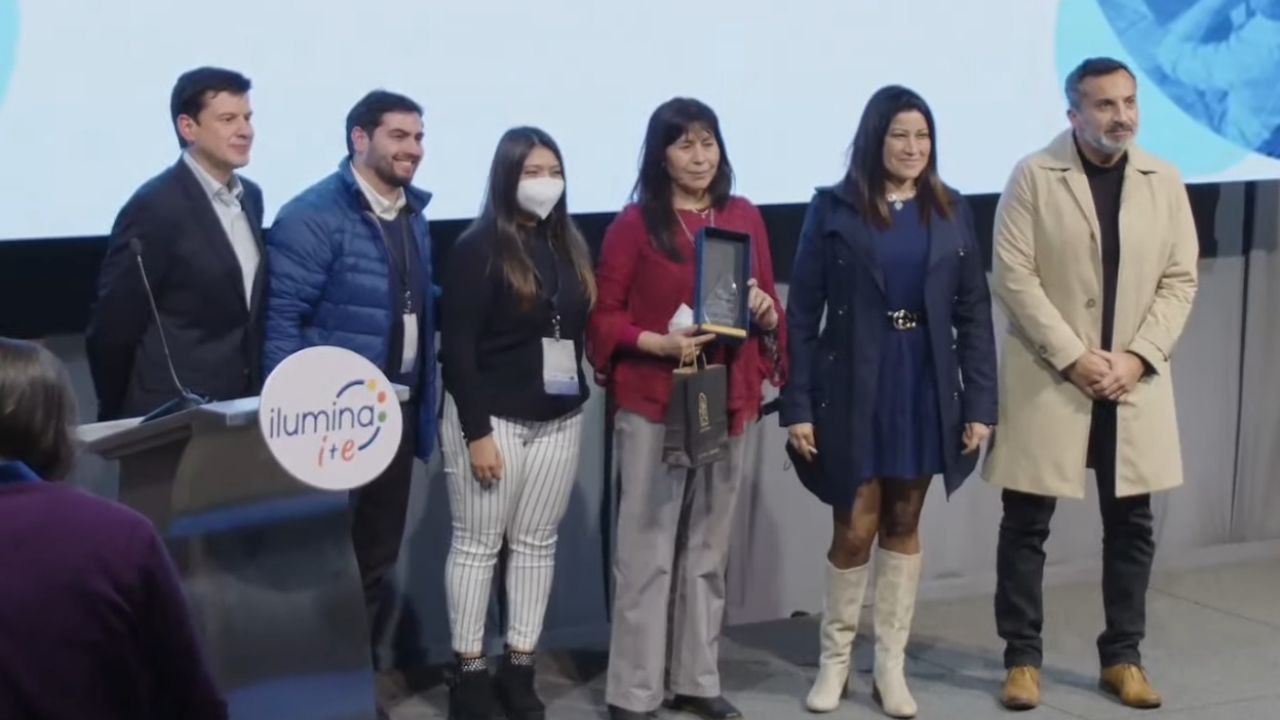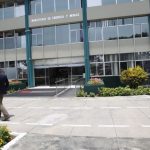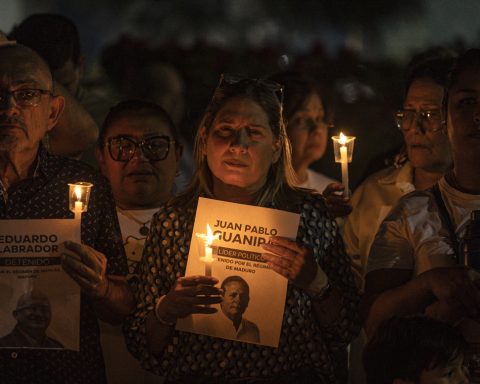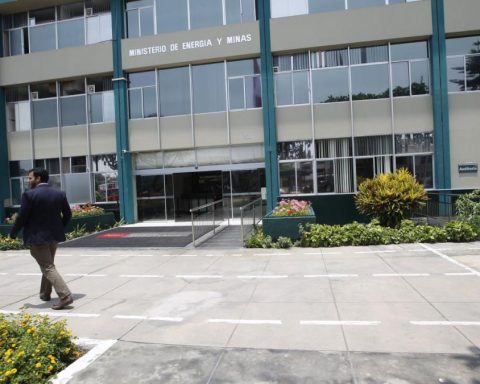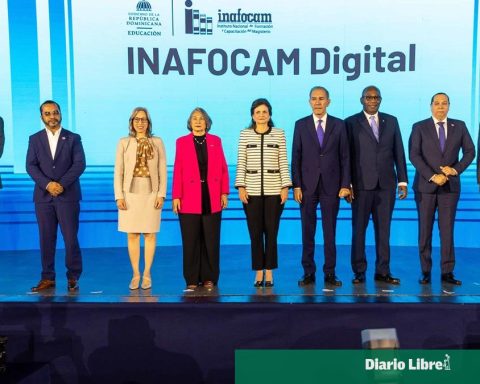A team of researchers from the Universidad de La Frontera (UFRO), led by the Dr. Ricardo Pérez-Lucowas recognized as the Best Research Team in Chile at the VI Edition of the Technology Transfer Awards.
The award, granted by the Technology Managers Network (REDGT) in conjunction with Corfo and sponsored by the Ministry of Science, Technology, Knowledge and Innovation, rewarded the development of the Integrated Management System for Differentiated Interventions “SIGID-MMIDA”a platform that facilitates the management and progressive implementation of socio-educational intervention in adolescent sanction programs executed by SENAME Y Collaborating Organizations (OCAS).
“The socio-educational intervention under criminal sanction is highly complex, since its objective isive reduce criminal behavior and improve opportunities for social integration, under strict judicial control, which may include deprivation of liberty. The MMIDA has shown evidence of improvement in the effectiveness of interventions by specialized professionals, and the SIGID has made it possible to structure the intervention process, reducing administrative work and generating process, result, impact and quality indicators of the work carried out, as well as information for continuous improvement in program management; all supported by the use of scientifically validated assessment tools by the research team”, affirms the Dr. Ricardo Pérez-Lucowho led the team made up of Dr. Paula Alarcón, Dr. Sergio Chesta, Dr. Alba Zambrano and Dr. Lorena Wenger.
In order to contribute to a better juvenile justice for Chile, the research team of the UFRO developed the technology platform SIGID-MMIDAwhose design and functionalities meet all the requirements of the Intervention Model proposed by the bill that creates the National Youth Social Reintegration Service “SNRSJ” in place of SENAME, and which is currently in its last legislative process; incorporating, in addition, the “single file” for the execution of sanctions proposed by the same project.
“This is the second consecutive year that we have been awarded this recognition, also with a technology generated in the field of education, social sciences and humanities. This ratifies the sustained work in the Innovation Department and highlights the specialization of the Technology Transfer Unit, with supporting this type of research that directly impacts major problems that our society is experiencing today”it states Franklin Valdebenitodirector of Innovation and Technology Transfer of the UFRO.
The Technology Transfer Unit of the University of La Fronterawas awarded the award in the category OTL – High Impact which highlights the transfer and licensing office of the UFRO (OTL) for the results obtained in its management and the impact that the transferred UFRO technologies have had on society.
Social impact
According to the experts, the problem would not only lie in the intervention model, but also in the professionals responsible for carrying out the interventions. This is due to the fact that a high level of professional specialization and a great structuring of the action that is planned on a case-by-case basis is necessary.
“Its implementation is carried out through a specialization that lasts 18 months and forms the Multidimensional Model of Differentiated Intervention, MMIDA, which is organized in three phases: The first is called ‘Differentiation’, applying 6 diagnostic instruments in a model specialized interview; the second is ‘Deepening’, where through 4 instruments criminal trajectories are determined and differentiated intervention plans are created; and the third of ‘Differentiated Intervention’, instance in which the plan is executed, carrying out follow-up reassessments and specific diagnoses according to intervention focuses, and with the purpose of adjusting the actions and following up on the cases”Explain Perez-Luco.
The use of the tool will have a direct impact on the professionals who work in the system and indirectly on the young offenders, who attend the various programs determined by law. Likewise, it would imply a series of benefits such as the development of qualified human capital, improvements in intervention programs, increase in the adaptive behavior of adolescents, reduction in criminal recidivism, generation of new jobs, and development of different levels of interventions.
For developers of SIGID-MMIDAReducing teen crime has a systemic impact on the security of our country. For this reason, initiatives such as that of the Ufro team, aimed at favoring and promoting an efficient intervention system and quality of criminal sanctions, are of great value to promote the general development of Chile.
